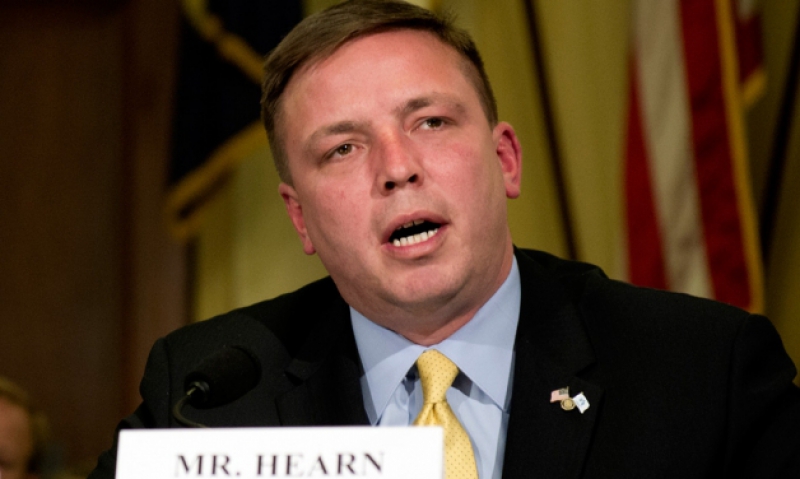
During recent testimony, a Legion representative noted how consolidation of Department of Veterans Affairs fiduciary programs are hampering advocacy efforts and limiting interaction betreen accredited representatives and the VA.
At a June 11 Congressional hearing, The American Legion presented written and oral testimony regarding inefficiencies plaguing the Department of Veterans Affairs’ fiduciary program. Zachary Hearn, deputy director of benefits for The American Legion Veterans Affairs & Rehabilitation Division, testified in front of the House Committee on Veterans Affairs Subcommittee on Disability Assistance and Memorial Affairs.
VA’s fiduciary program appoints an individual or entity to receive and manage benefits for veterans who have difficulties managing their own finances due to injuries or mental incapacity. The appointed fiduciary is authorized to allocate funds when necessary to ensure the best interests of the beneficiaries and their dependants.
In 2008, the program consolidated operations from 56 regional VA offices to six fiduciary hubs oftentimes located separate from VA regional offices. One major concern of the Legion regarding the consolidation is the backlog in adjudication.
“The decision was rooted in an attempt to expedite the fiduciary process,” Hearn said. “Unfortunately, it does not appear that the fiduciary process has been expedited. Meanwhile, veterans have to wait to receive their retroactive payments.”
Through information provided by accredited Legion service officers who represented 716,000 claimants filing for disability benefits with the VA last fiscal year, Hearn noted how the consolidation limited contact between the Legion and VA, further hampering advocacy efforts. The impacts are far-reaching, affecting the veterans depending on the care and assistance they receive through their benefits.
“We recognize the need of a fiduciary program,” Hearn said. “We live in a society with an aging veteran population and many other veterans suffer from physiological and psychological conditions that may limit an ability to be financially responsible.”
Testimony also addressed the constitutional rights stripped from veterans when they are placed in the fiduciary program.
If veterans are deemed unable to manage their finances they are required to surrender their firearms. In accordance with a provision that falls under the Brady Handgun Violence Protection Act, the VA is required to submit the names of veterans determined to be mentally defective or unable to manage financial affairs to the Federal Bureau of Investigation.
"We believe that this is overreaching," Hearn said. "While there may be veterans that meet the requirements outlined within the Brady Bill, we assert that an inability to manage finances does not in and of itself render you mentally defective."
During The American Legion's National Convention in Charlotte, N.C., last August, a resolution was renewed urging lawmakers "to recognize as a part of their oath of office, that the Second Amendment guarantees law-abiding citizens the right to keep and bear the arms of their choice, as do millions of American veterans who have fought, and continue to fight, to preserve those rights."
Hearn closed out his written testimony with a call to action, urging the VA to improve adjudication efforts. He also asked congressional members to reconsider the definition of “financially incompetent” and consider ending the practice of removing firearms from veterans requiring fiduciaries.
"We do not support programs that have significant backlogs in adjudication - placing additional burdens on family members - or strips away Constitutional rights that the veterans swore to uphold during their service," Hearn said.
- Veterans Benefits

